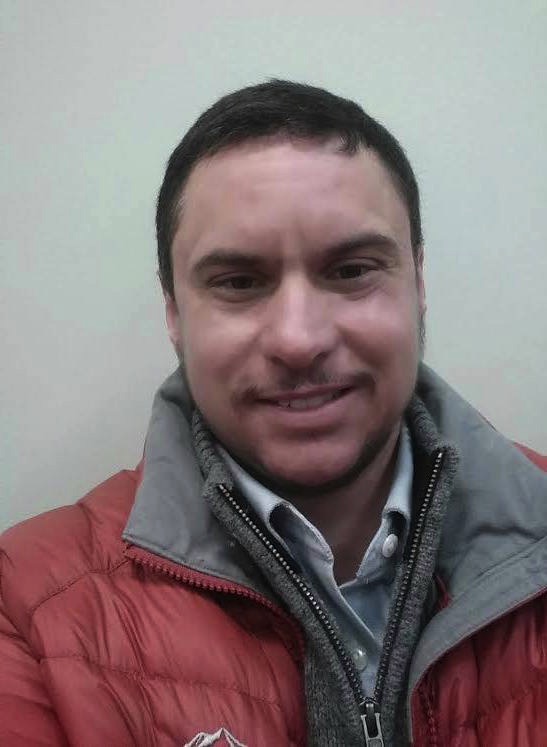Creative writing positively benefits mental and physical health. Writers Without Margins is a non-profit organization “dedicated to the fusion of art and advocacy…” especially for those “isolated by the challenges of addiction recovery, trauma, poverty, disability and mental illness.” Recently, Writers Without Margins joined forces with Wahl St. Productions to create a film called “In Their Shoes.” The film tells the stories of Zach, Stephen, Jean and Marcel. These four men tell their own stories, in their own words, about their participation in a “prison re-entry and addiction recovery creative writing program.”
Though Writers Without Margins hosts ongoing programs in the Boston area, its message applies to Aroostook County and Maine. People write about emotional upheavals on a path toward healing. It can be especially helpful to those struggling with substance use disorder who often feel alone. Substance use and addiction are on the rise in Maine. WMTM, channel 8, reported that, “Data from the Maine Drug Enforcement Agency shows cocaine is making a comeback as heroin and fentanyl continue to plague the state.”
Rather than a typical college classroom setting, the Writers Without Margins programs are held in community centers throughout Boston. Writers Without Margins leads participants through literary interpretation exercises and facilitates critical thinking and analysis. Writers Without Margins allows people to tell their stories. When people have a voice and are heard, real change can happen, for them and for those who listen. That is what happened for Zach, Stephen, Jean and Marcel.
Zach is 34 and was incarcerated for three years.
Stephen is 27 and was incarcerated for six and a half years.
Jean is 36 and was incarcerated for 17 years.
Marcel is 52 and was incarcerated for 27 years.
The re-entry period for people released from prison is extremely tumultuous. Access to affordable housing, living wage jobs, education and apprenticeships are hard to come by. Often these stressors lead to substance use. The 2016 Massachusetts opioid death assessment showed that former inmates were 56 times more likely to fatally overdose within a year after release than members of the general population. The opioid crisis is a problem locally as well. According to the National Institute on Drug Abuse, there were 301 opioid-related overdose deaths in Maine in 2016. Between 2012 and 2016, the death rate of heroin overdose increased from 12 to 55.
The creative writing program from which “In Their Shoes” began was part of a Writers Without Margins program specifically for men who were recently released from prison and were in treatment for substance use and addiction. Zach, Stephen, Jean and Marcel were a part of the group. Through their writings and interactions, “In Their Shoes” was born. They use their own words to describe the crimes they committed and why. The film follows them after their release from prison and their participation in Writers Without Margins.
Writers Without Margins worked with James Wahlberg at Wahl St. Productions to turn the group’s expressive writings and their personal stories into a film. Wahlberg is no stranger to films that expose the current opioid epidemic. He actively advocates for substance use disorder treatment. One recent project was the film “If Only.” Wahlberg used the film to open conversations about substance use disorder and treatment. He personally traveled across the country showing the film to hundreds of thousands of people. According to the Writers Without Margins, “In Their Shoes” “was created to give voice to the unheard, disempowered, and often vilified populations in the drug crises, the easiest targets caught in the most difficult cycles.”


